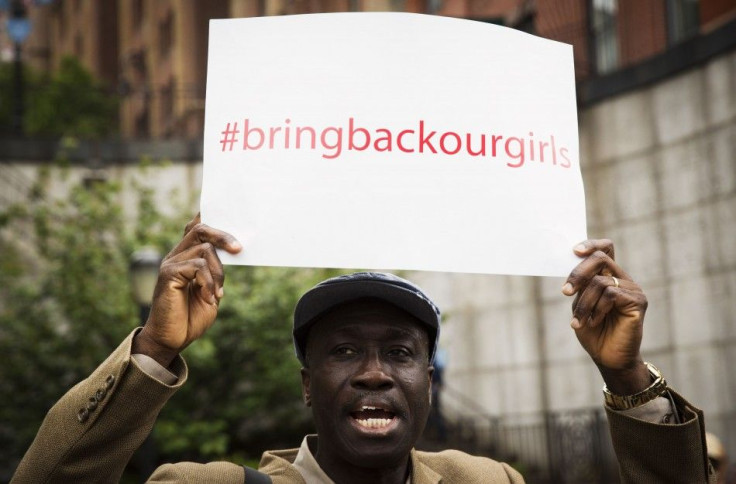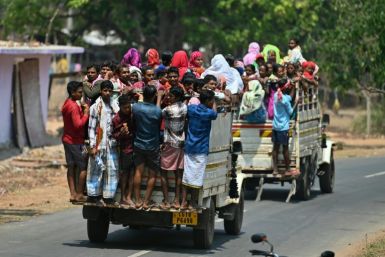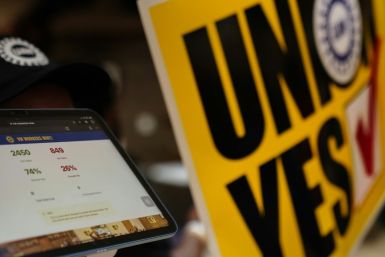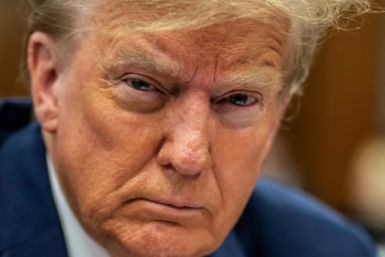Canadian Charity Takes Complaint Against Gov’t To UN On Revenue Audits, Calls It Political Vendetta

The muffled protests on Canada’s revenue audit of charities and NGOs is now going vocal at international level. An Ottawa-based charity has taken the audit problem to Geneva and will be complaining to a United Nations committee that Canada Revenue Agency's political-activity audits amount to harassment of charities and are violating the rights and international commitments made by Canada.
Harriett McLachlan, president of “Canada Without Poverty” will be pleading her case before the UN Human Rights Committee that special audit program by the Tax agency since 2012 is violating Canada's international commitments on human rights. McLachlan said the rule limiting "10 percent of resources" on political activities by charities is meant to silence groups like hers and wants the Canadian government to be held accountable for it. "If we want to write a petition, or be part of some kind of gathering, a protest, there's a fear there that we are stepping over the bounds," she said and added that it is a gag being put over "my mouth."
UN Review of Canada
“Canada Without Poverty” is among 60 charities facing political-activity investigations under a $13.4-million special program by the Canada Revenue Agency. It has been under continuous audit for the last three years. The UN Human Rights Committee has the mandate to review the human-rights records of countries, which are signatories to the International Covenant on Civil and Political rights. Canada's turn is in the second week of July.
During the review, a panel of 18 independent experts will listen to Canadian groups, such as Kairos and Amnesty International Canada on complaints of human-rights abuses in Canada including murder and missing of indigenous women, residential school abuse of plight of indigenous children. Canadian officials will also appear before the panel and present the government's views. The panel will announce its findings on July 23.
“Canada Without Poverty's” revenues in 2014 are a modest $318,000 and it reported that eight per cent of resources went to political activities. The group is an advocacy organisation. McLachlan claims 35 years of personal experience in poverty abolition. She said the group is not pressing for a new legislation, but only insisting that Canada live up to its international commitments. "There should be space for people to hold the government accountable on these issues, human-rights issues. Poverty should not exist in a wealthy country like Canada,” she said.
However, the political witch hunting charge has been denied by Revenue Minister Kerry-Lynne Findlay, who said the Canada Revenue Agency is operating independent of the government, without any political direction from the government and the agency takes its own decisions on whom to audit. The agency claims its definitions of political activity are clear and consistent.
Anti-Terror Law
Meanwhile, another issue that Canada will face at the UN review will be the Conservative government’s controversial anti-terrorism law. The legislation has been opposed by the Canadian Civil Liberties Association, which called for its scarpping because of its “serious human rights shortcomings.”
“Bill C-51 contains serious threats to liberty, security of person and privacy rights and shows no evidence that it is necessary to protect Canadians,” said Sukanya Pillay, the group’s executive director. This will be the first substantive review of Canada by the UN agency after Stephen Harper came to power in 2006.
(For feedback/comments, contact the writer at k.kumar@ibtimes.com.au)






